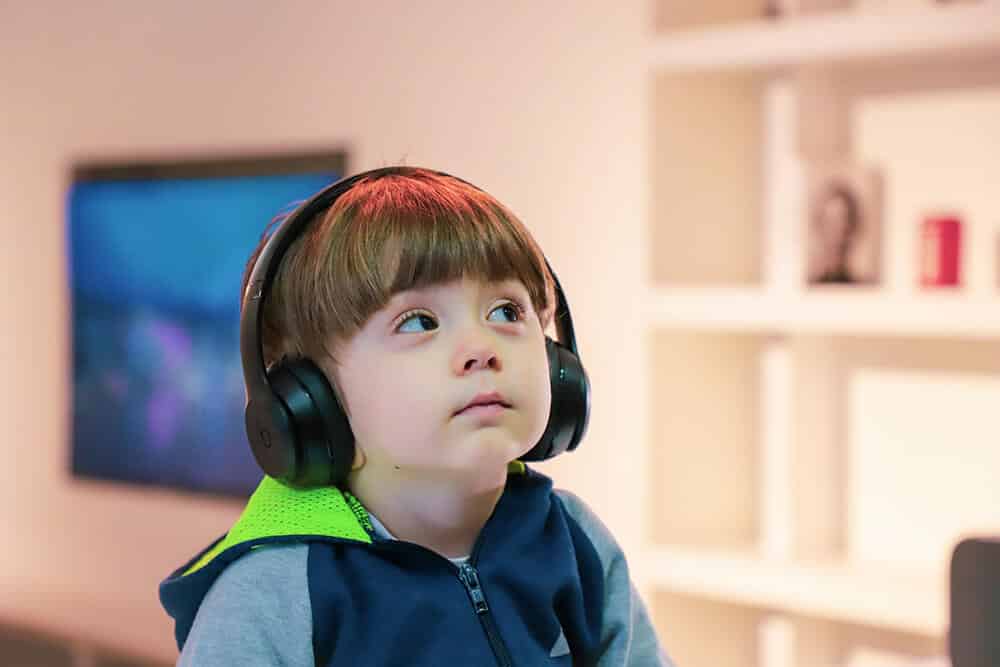If you have a child with autism or another developmental disability, you may be wondering if Applied Behavioral Analysis (ABA) is the right treatment for them. ABA is an effective way to help children learn and develop skills, but it is not right for everyone. In this blog post, we will discuss the benefits of ABA and how to decide if it is the right treatment for your child.

Can Be Very Beneficial
ABA can be very beneficial for children with autism and other developmental disabilities. It has been shown to help improve communication skills, social interactions, and academic achievement. ABA can also help reduce problem behaviors.
For these reasons, many parents choose to enroll their children in an ABA program. If you are considering this option for your child, it is important to research the different programs available and find one that best meets your child’s needs. According to specialists at www.autismparentingmagazine.com, some important factors to look for in an ABA program include flexibility, individualization, experienced staff, and a focus on the family. You know your child best, so you are the best person to decide if ABA is right for him or her. If you have any questions or concerns, be sure to talk to your child’s doctor or a Board Certified Behavior Analyst.
Requires a Lot of Time and Dedication
ABA therapy can be a very time-consuming process, and it is important to have the dedication to see it through. Most children will require at least 20 hours of ABA therapy per week to see significant progress. This can be difficult for some families to commit to, but it is well worth the effort. If you are considering ABA therapy for your child, make sure you are prepared to commit to the time and dedication it requires. ABA therapy can be a life-changing experience for your child, but only if you are willing to put in the work.
Not Right for Everyone
Applied behavioral analysis is not right for everyone. Some children do not respond well to the treatment, while others may find it too restrictive. It is important to speak with a qualified professional to determine if ABA is right for your child. Some parents may feel like ABA is too restrictive for their children. If you are one of those parents it’s important to find what works best for your child. For some children, ABA might not be the right fit, while others may respond well to the treatment. The most important thing is finding what will help your child thrive. When deciding on ABA therapy it’s important to get input from many sources including a qualified professional, other parents, and most importantly yourself.
Speak to a Professional
The best way to know if ABA is right for your child is to speak with a professional who specializes in this field. They will be able to assess your child’s specific needs and recommend the best treatment plan. Applied behavioral analysis has been proven to be an effective treatment for autism, so it is worth considering if you are looking for help for your child.
If you think that applied behavioral analysis might be right for your child, the first step is to talk to a professional about it. They will be able to assess your child’s needs and recommend the best course of action.
How to Decide if ABA is Right for Your Child
There are a few key things to consider when deciding whether or not ABA is right for your child. First, you need to assess your child’s needs. ABA can be beneficial for children with autism spectrum disorder, ADHD, and other developmental disabilities. Second, you need to find an experienced and qualified ABA therapist. Make sure to ask about their training and experience in working with children who have similar needs as your child.
Finally, both you and your child must be on board with ABA therapy. If your child isn’t interested in participating or if you don’t feel comfortable with the program, it won’t be effective.
Resources
The Association for Behavior Analysis International (ABAI) website provides a list of Board Certified Behavior Analysts (BCBAs) in your area: abainternational.org/find-a-professional. If you are looking for an ABA provider, the Autism Society also has a national directory of service providers: autism-society.org/find-services. Local parent support groups are another excellent resource and can often be found through online directories such as The Arc or state coalitions for individuals with developmental disabilities.
When meeting with potential behavior analysts, it is important to ask about their qualifications and experience working with children on the autism spectrum. You should also inquire about insurance coverage and fees. Most importantly, you should choose a provider that you feel comfortable with and who you believe will be supportive of your child and family.
Results
It is important to keep in mind that ABA is not a “cure” for autism. The goal of ABA is to help your child learn new skills and improve their quality of life. While every child is different, you can typically expect to see results within the first few months of starting treatment. However, it may take longer for some children to show significant progress. It is important to work closely with your child’s therapist to ensure that they are making progress towards their goals. Remember, Applied Behavioral Analysis takes time, patience, and consistency to be effective. You can’t expect to see miracles overnight, but with hard work and dedication, your child can make great strides. If you’re still on the fence about whether or not ABA is right for your child, we highly recommend researching online and talking to other parents who have children with autism.

So, is Applied Behavioral Analysis right for your child? Only you can answer that question. If you think your child may benefit from ABA therapy, the best thing to do is to talk to a professional about it. They can help you assess whether or not ABA would be a good fit for your child and family.







